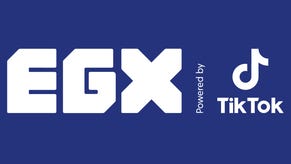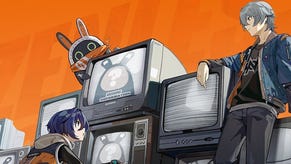Phil Harrison discusses new Xbox, PS4
New consoles will bring new business model.
Phil Harrison, former head of Sony Worldwide Studios, has offered his thoughts on the next generation of consoles - and foresees a business model that breaks away from the one that's served the industry for the past 30 years.
Speaking at this week's Develop in Brighton, Harrison saw consoles moving towards a service-based model over the retail one that's previously defined the industry.
"I think the era of the console where hardware companies spend $3-4 billion to build a chipset and then it's supported on a tax on the software - that's the business model of the last 25-30 years - that's over," said Harrison.
"The new business model is going to become a combination of retail and services, and it's going to be an interesting decision for the likes of Microsoft, Sony and Nintendo, is the next console race about chips and CPU, clock speed and graphics, or is it about business models and monetization and discovery, and I think it's probably going to be about the latter."
While Nintendo has already announced its next console - the Wii U, complete with its innovative controller - Microsoft and Sony are being coy on their plans, although some picture of what they'll be technically capable of has recently started to emerge.
But could the rise of streaming services such as OnLive and Gaikai spell the end of traditional consoles? "I don't think this means PlayStation the brand goes away or Xbox the brand goes away, but it just manifests itself in a different way."
"The technology to stream high-quality games directly to your living room or computer or TV is not some kind of science-fiction fantasy - it works, and it'll only get better over time. I think that's clearly going to be a future for our industry."




.png?width=291&height=164&fit=crop&quality=80&format=jpg&auto=webp)


